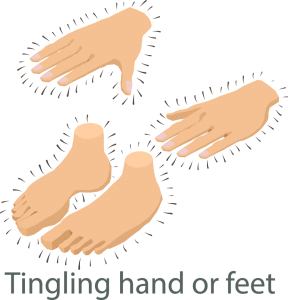Research suggests nearly 60% of adults aged 65+ spend more than four hours per day sitting or being sedentary. Finding ways to incorporate movement and regular physical activity into your daily routine is essential to maintain a healthy lifestyle.

Simple lifestyle changes like taking short walks, engaging in light exercises, or pursuing hobbies that involve movement can help combat the negative effects of sedentary behavior and promote overall health.

Therapy Can Help Older Adults Stay Active
Physical and occupational therapy can help older adults become more active and maintain or improve their overall physical function. Therapy can ease pain associated with sitting too much, address postural issues, and create strategies to get you moving more and sitting less.

